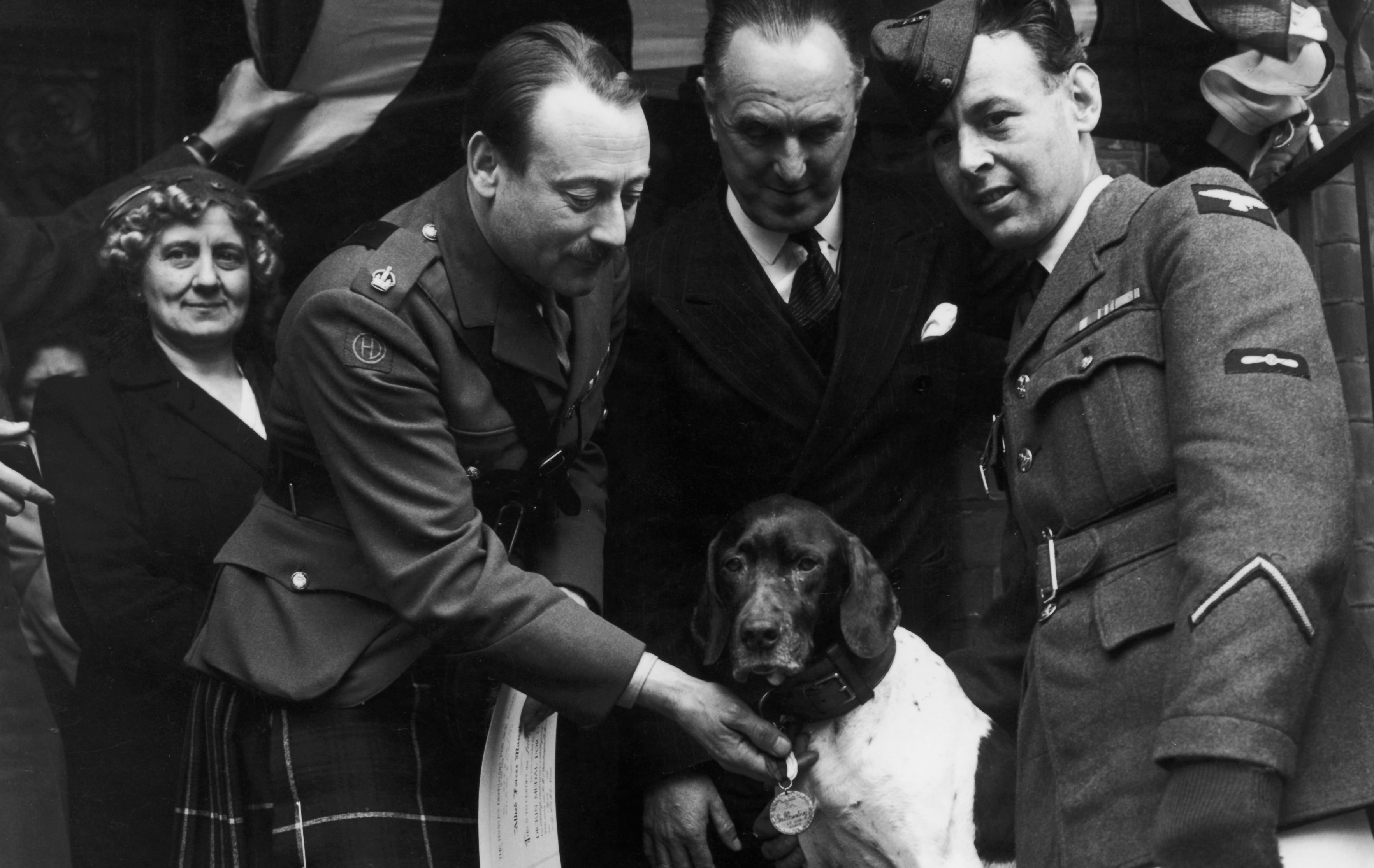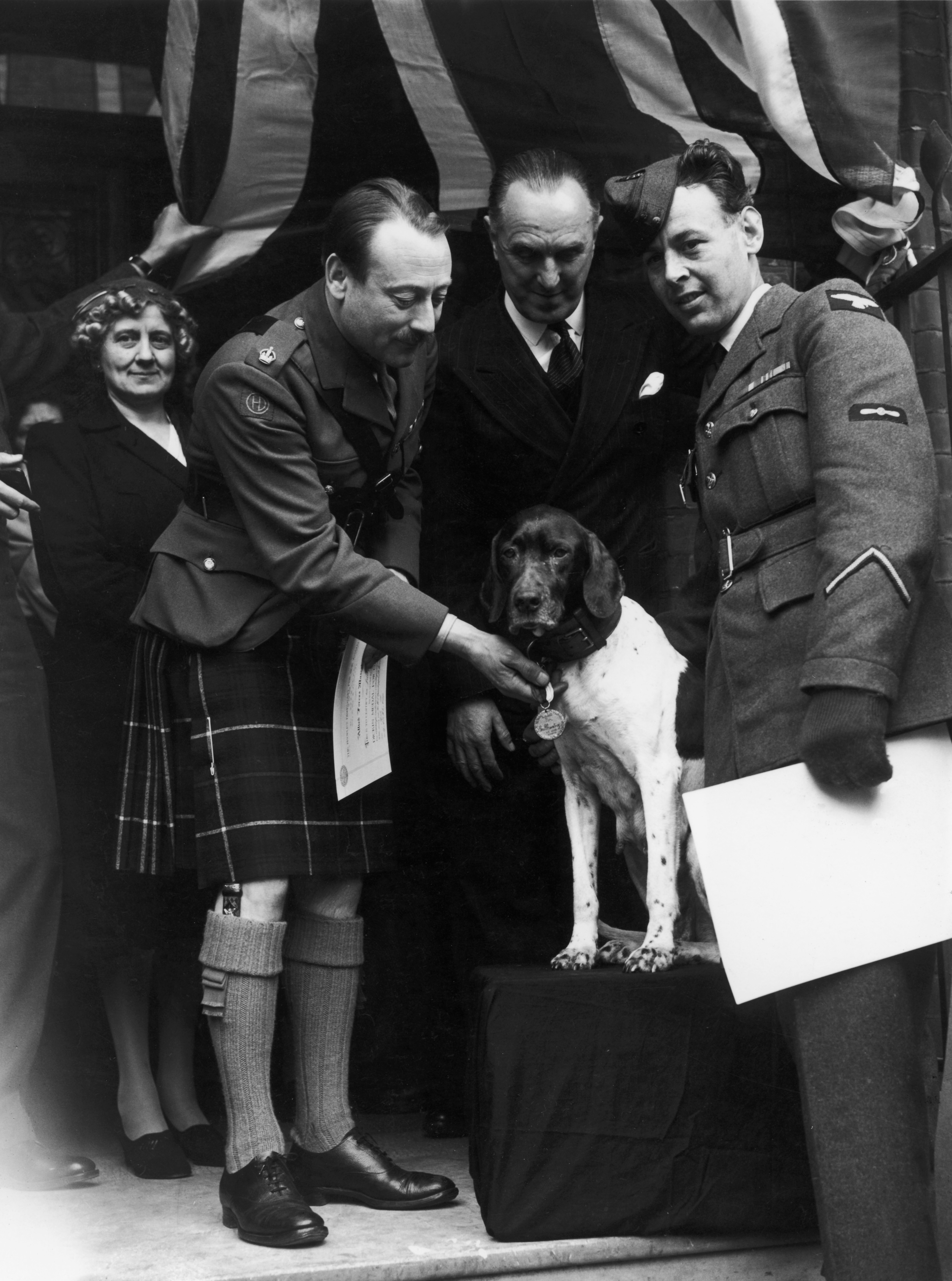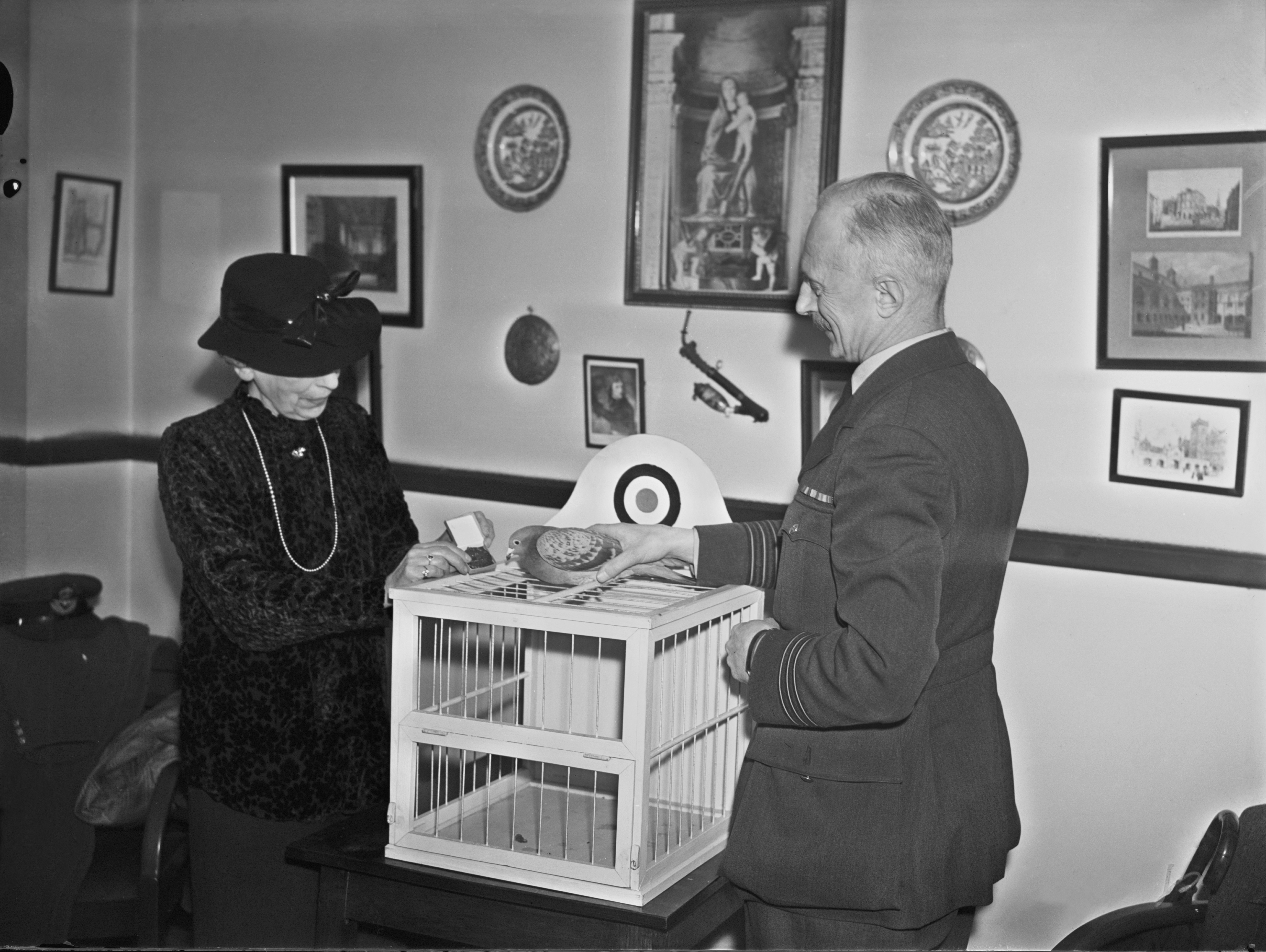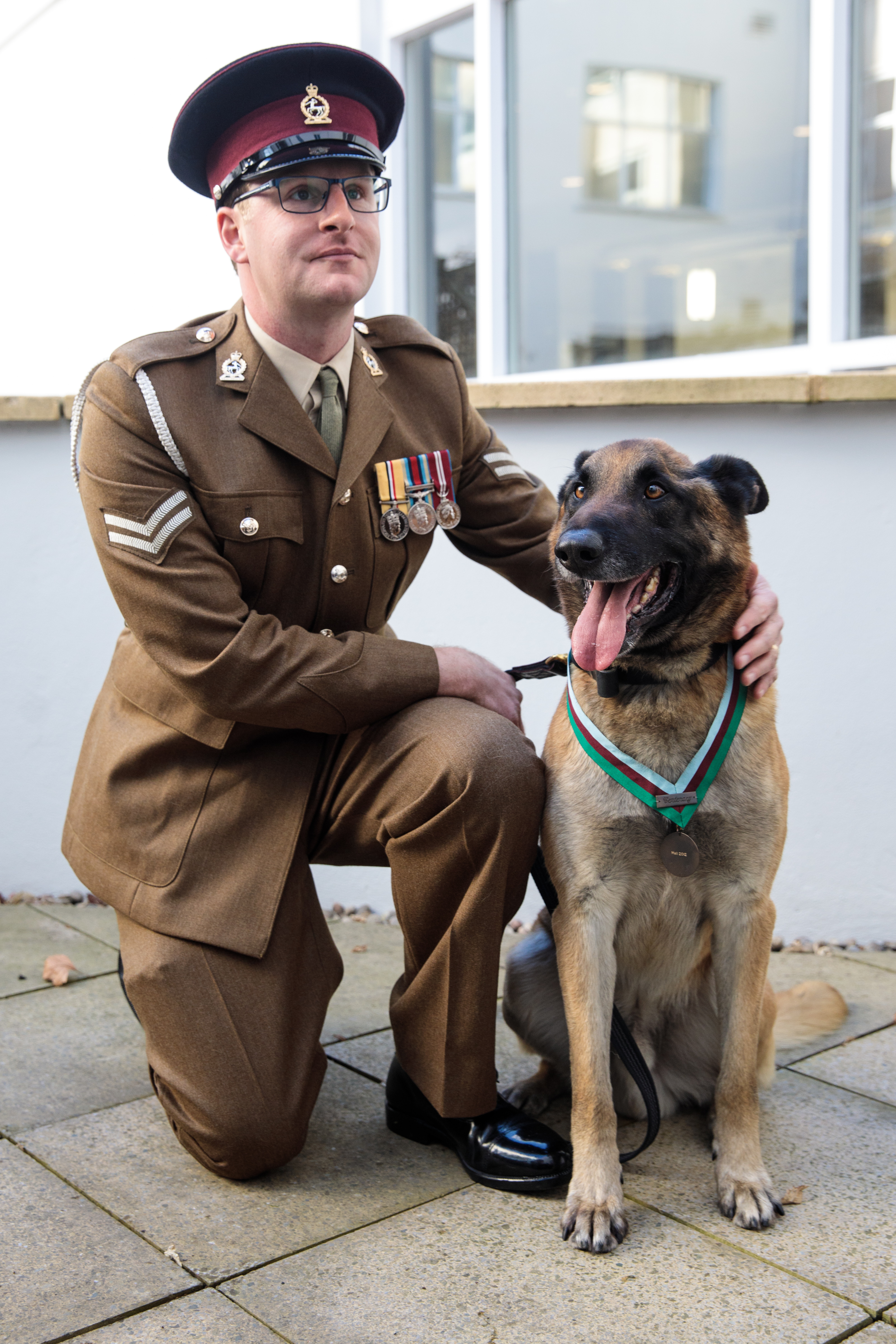What do 32 pigeons, 38 dogs, four horses and one cat have in common? They've all been awarded a Dicken medal, and now you can have one too
Punch and Judy, two brave boxer dogs, saved the lives of British officers in Palastine. Now Judy's PDSA Dickin Medal will go under the hammer at Noonans on June 11.


It was 10.30pm on August 5, 1946, when two boxers, a brother and sister named Punch and Judy, were severely injured when saving the lives of British officers in Palestine. They ‘belonged to Lt-Col A. H. K. Campbell, the deputy judge advocate general of the Jerusalem Military Court, and Lt-Col H. G. G. Niven, the adjutant general, who shared a house in a Jerusalem suburb,’ explains Christopher Mellor-Hill of Noonans. ‘The two officers were relaxing at home with their two dogs. The front door was open. All was quiet and they had no suspicion that any danger was threatening them.’
He continues: ‘Suddenly, the dogs became aware of intruders within the compound. Racing into the darkness and barking furiously, they were met with a burst of sub-machine gun fire from one or possibly two terrorists within the barbed wire protected perimeter. Apparently, the intruders were stealthily creeping towards the house with the intent to kill the officers.

The barking and gunfire alerted the officers, thwarted the attack and thus saved their lives. Police and military parties arrived and, following a trail of blood, found the seriously wounded Punch. He had been hit four times and lay in a pool of blood, apparently dying. His sister, Judy, also covered in blood, stood protectively over him.’
Despite the curfew, the superintendent of the People’s Dispensary for Sick Animals (PDSA) rushed to the scene. Punch was gravely wounded and Judy, although covered in blood, appeared only to have a bullet graze on her back, most likely from covering her brother to protect him. Both made a full recovery and were each awarded a PDSA Dickin Medal — the ‘animal VC’; Judy’s will go under the hammer at Noonans Mayfair, London W1, on June 11 (estimate £14,000–£18,000).

Maria Dickin, the founder of the PDSA, presents RAF homing pigeon Winkie with the Dickin medal in 1944 for delivering a message that contributed to the rescue of a ditched aircrew in February 1942.

Mali, a Belgian Malinois British military working Dog, wearing the Dickin Medal with his handler Corporal Daniel Hatley in 2017. Mali received the medal after his role in military operations in Afghanistan in 2012.
The Dickin Medal has since been awarded 75 times, mostly during the Second World War; the recipients were 32 pigeons, 38 dogs, four horses and one cat. ‘The sale of a Dickin Medal is always hugely emotive,’ adds Mellor-Hill.
Exquisite houses, the beauty of Nature, and how to get the most from your life, straight to your inbox.
Annunciata is director of contemporary art gallery TIN MAN ART and an award-winning journalist specialising in art, culture and property. Previously, she was Country Life’s News & Property Editor. Before that, she worked at The Sunday Times Travel Magazine, researched for a historical biographer and co-founded a literary, art and music festival in Oxfordshire. Lancashire-born, she lives in Hampshire with a husband, two daughters and a mischievous pug.
